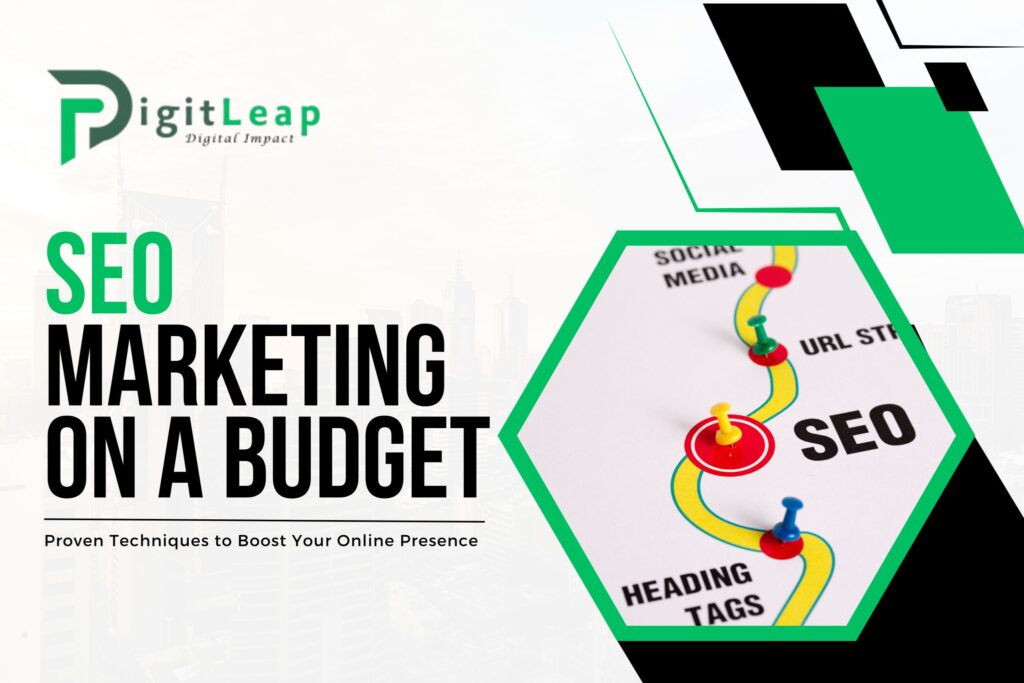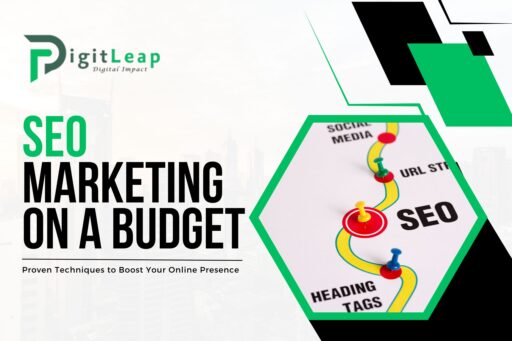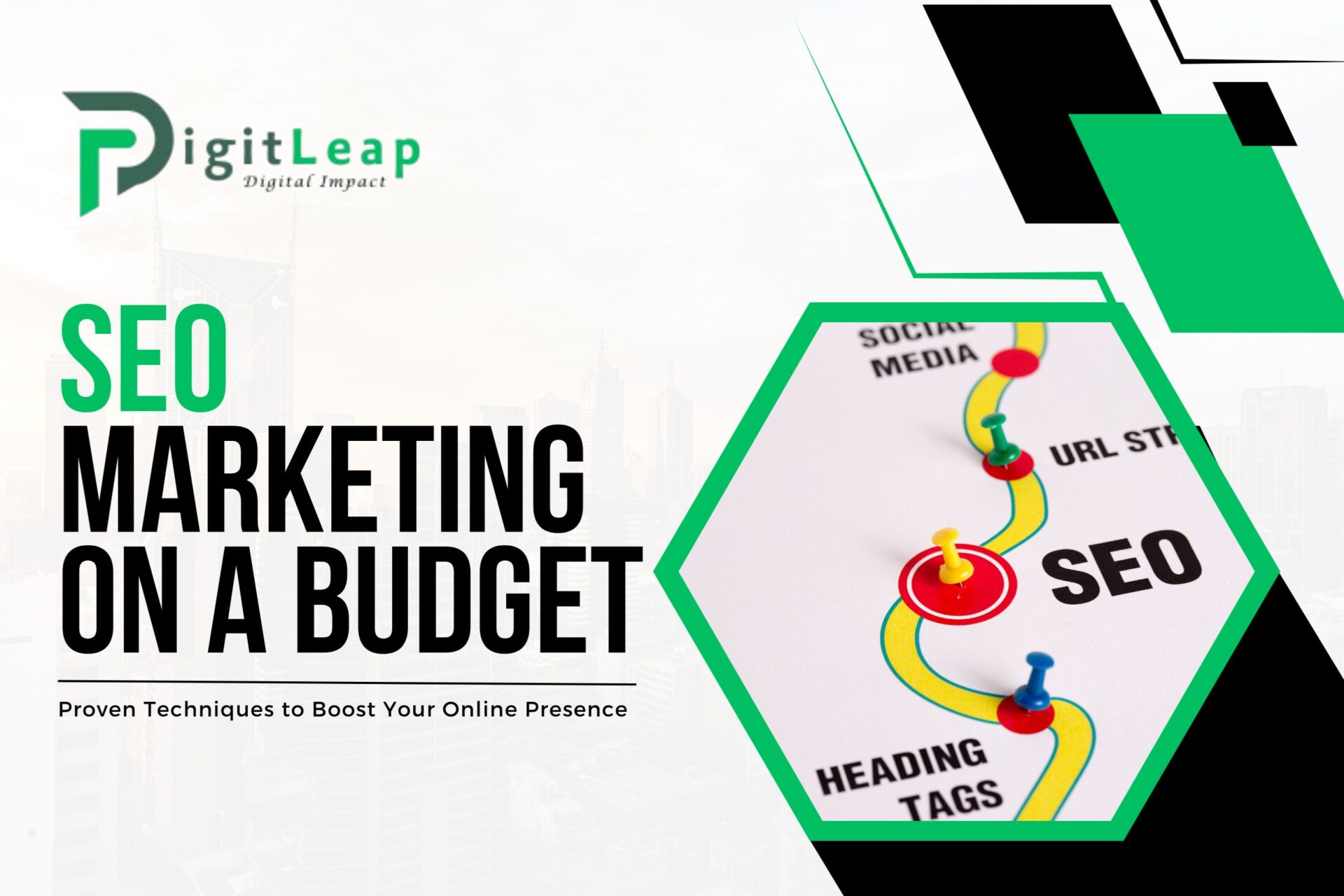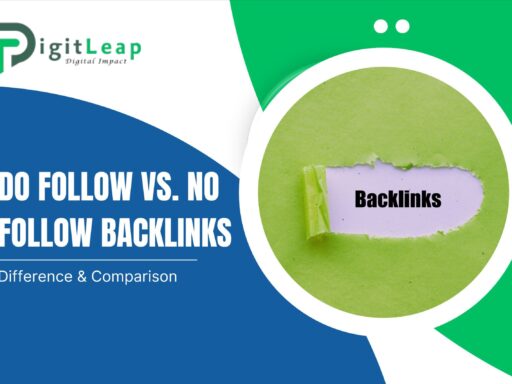SEO Marketing on a Budget : 10 Proven Techniques to Boost Your Online Presence Without Breaking the Bank
In today’s competitive digital landscape, effective SEO marketing doesn’t have to drain your budget. Whether you’re a small business owner or a startup founder, you can achieve remarkable results by employing smart, budget-friendly strategies. Here are ten proven techniques to help you enhance your online visibility and drive organic traffic—all without spending a fortune.

1. Focus on High-Quality Content
Content is king in the world of SEO. Invest your time in creating valuable, well-researched content that addresses your audience’s needs. Instead of churning out generic posts, focus on topics that solve real problems. This not only boosts your rankings but also builds trust with your readers.
2. Leverage Keyword Research
Smart keyword research is essential for targeting the right audience. Use free tools like Google Keyword Planner or Ubersuggest to discover keywords relevant to your niche. Focus on long-tail keywords that are less competitive but highly targeted, as they often yield better conversion rates on a limited budget.
3. Optimize On-Page Elements
Make sure every page on your website is optimized for search engines. This includes crafting clear title tags, compelling meta descriptions, and using header tags (H1, H2, etc.) to structure your content. A well-organized page with relevant keywords can significantly boost your visibility.
4. Improve Site Speed and Mobile Responsiveness
A fast, mobile-friendly website is crucial. Users and search engines alike favor sites that load quickly and offer a smooth experience on all devices. Simple actions like compressing images, minifying code, and using a Content Delivery Network (CDN) can dramatically improve your site’s performance without a hefty price tag.
5. Embrace Local SEO
If you have a local business, local SEO is your best friend. Ensure your business details are accurate and consistent across online directories, including Google My Business. Encourage satisfied customers to leave positive reviews—this builds credibility and helps boost your local search rankings.
6. Utilize Free SEO Tools
There’s no need to invest in expensive software when there are plenty of free SEO tools available. Google Analytics and Google Search Console provide in-depth insights into your website’s performance. Additionally, tools like Moz’s Link Explorer (with limited free access) can help you monitor your backlink profile and find opportunities for improvement.
7. Build Quality Backlinks
Backlinks remain one of the most important factors in SEO. Focus on earning links from reputable, high-quality websites. Reach out to industry bloggers, contribute guest posts, or create shareable infographics. Even a handful of high-quality backlinks can significantly boost your site’s authority.
8. Engage on Social Media
Social media can indirectly influence your SEO efforts by driving traffic and building brand awareness. Share your content across your social platforms, engage with your followers, and encourage sharing. This not only helps with visibility but also signals to search engines that your content is valuable.
9. Regularly Update Your Content
SEO is not a one-and-done deal. Regularly revisit your content to update outdated information, add new insights, and optimize based on performance data. Fresh content can lead to better rankings and keeps your audience engaged.
10. Monitor, Analyze, and Adapt
Finally, always keep an eye on your performance. Use analytics to track key metrics such as traffic, bounce rate, and conversion rate. By understanding what’s working and what isn’t, you can adapt your strategy over time, ensuring your efforts continue to yield results.
Conclusion
Effective SEO marketing on a budget is entirely achievable with a focus on quality, smart keyword strategies, and continuous optimization. By leveraging free tools, engaging with your audience, and keeping your content fresh, you can steadily improve your online presence and drive meaningful organic traffic. Remember, even small, consistent efforts can make a big impact over time.






